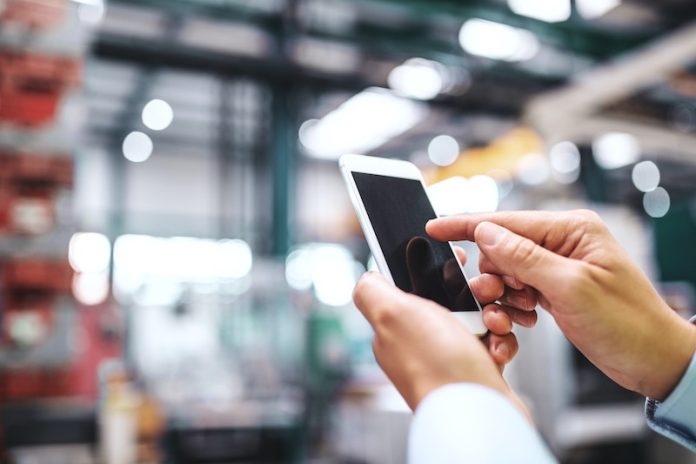
Nomophobia, an acronym for “NO MObile PHone PhoBIA,” refers to the fear or anxiety some individuals experience when they don’t have access to their mobile phone or cellular connectivity.
While it is considered a modern phobia, the symptoms and psychological mechanisms behind it are quite similar to other, more established anxiety disorders.
It is emerging as a genuine mental health concern, especially among younger populations.
Causes and Symptoms
Causes:
Pre-existing Anxiety Disorders: Research indicates that conditions like social anxiety or panic disorder may predispose individuals to develop nomophobia, although causality is not yet established.
Increased Reliance on Technology: The availability of instant communication and gratification via smartphones can foster addictive and compulsive behavior.
Symptoms:
Symptoms can range from mild discomfort to severe anxiety and may include:
- Changes in breathing
- Trembling
- Sweating
- Agitation
- Disorientation
Possible Predictors
- Obsessive thoughts and compulsive behavior related to smartphone usage
- Interpersonal sensitivity
- Feelings of personal inferiority and social discomfort
- High numbers of daily smartphone usage hours
When to Seek Help
If you experience these symptoms consistently, it may be prudent to consult a healthcare provider. For children showing symptoms, parents or guardians should consult the child’s pediatrician.
Treatment Options
Behavioral Therapies
Cognitive Behavioral Therapy (CBT): Helps individuals confront and change the thought patterns contributing to their phobia.
Desensitization and Hypnotherapy
Exposure Therapy: Involves gradually exposing the patient to the fear trigger—in this case, being without a phone.
Hypnotherapy: Guides individuals through imagery to help them develop self-soothing techniques.
Support Groups and Self-Care
Support Groups: Interacting with others who are going through the same can be comforting.
Self-Care: Learning and practicing relaxation techniques, such as progressive muscle relaxation and therapeutic breathing techniques, can be helpful.
The Bottom Line
Nomophobia can severely impact one’s mental health but is treatable. If you find your anxiety about being without your phone is affecting your quality of life, consult a healthcare provider for diagnosis and treatment.
As we navigate this era of rapid technological advancement, understanding and addressing the psychological and behavioral impacts of such changes become crucial.
Nomophobia serves as a timely reminder that while technology can enhance our lives in many ways, it can also introduce new forms of stress and anxiety that we must learn to manage effectively.
If you care about mental health, please read studies about 6 foods you can eat to improve mental health, and B vitamins could help prevent depression and anxiety.
For more information about mental health, please see recent studies about how dairy foods may influence depression risk, and results showing Omega-3 fats may help reduce depression.
Follow us on Twitter for more articles about this topic.
Copyright © 2023 Knowridge Science Report. All rights reserved.



